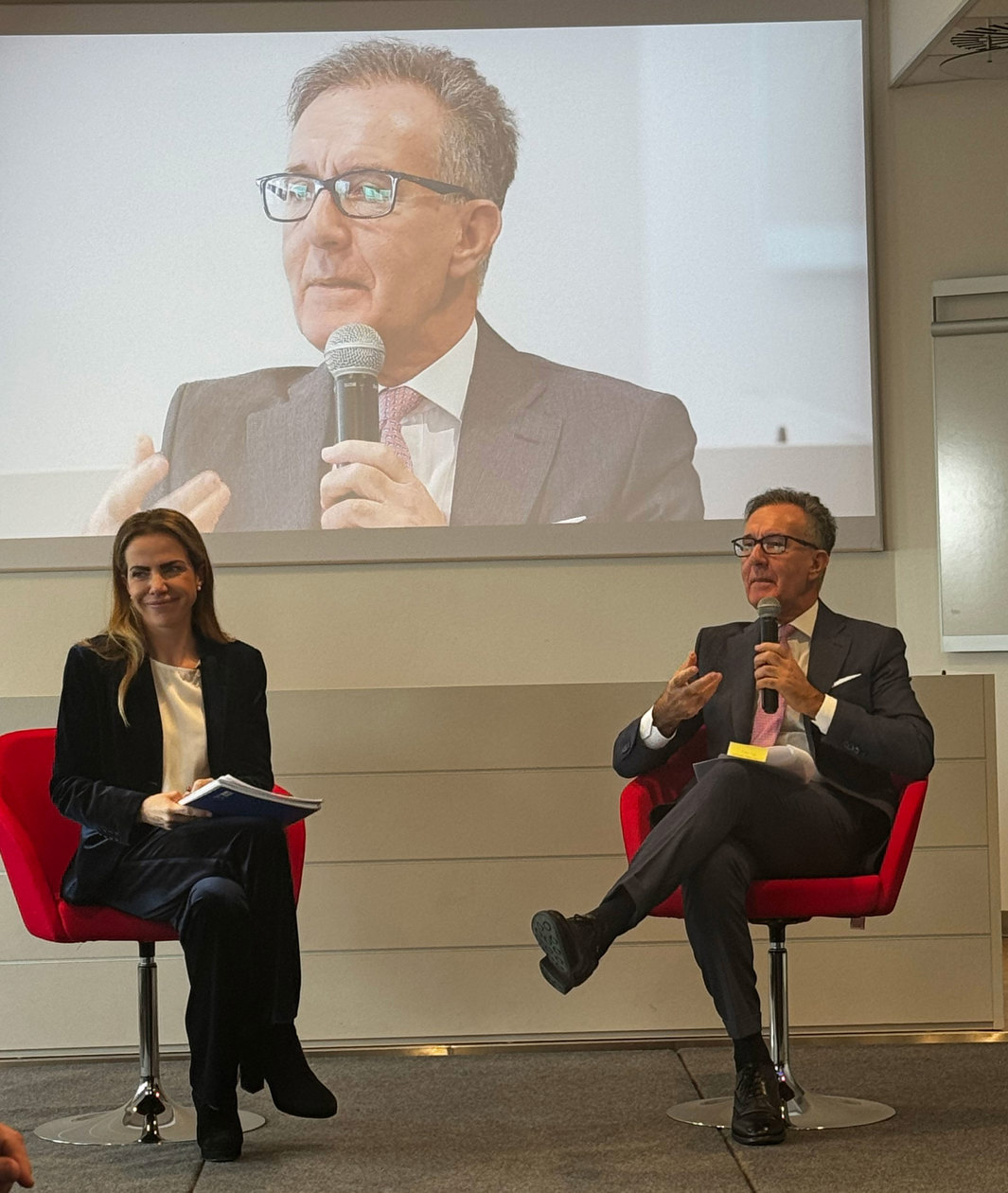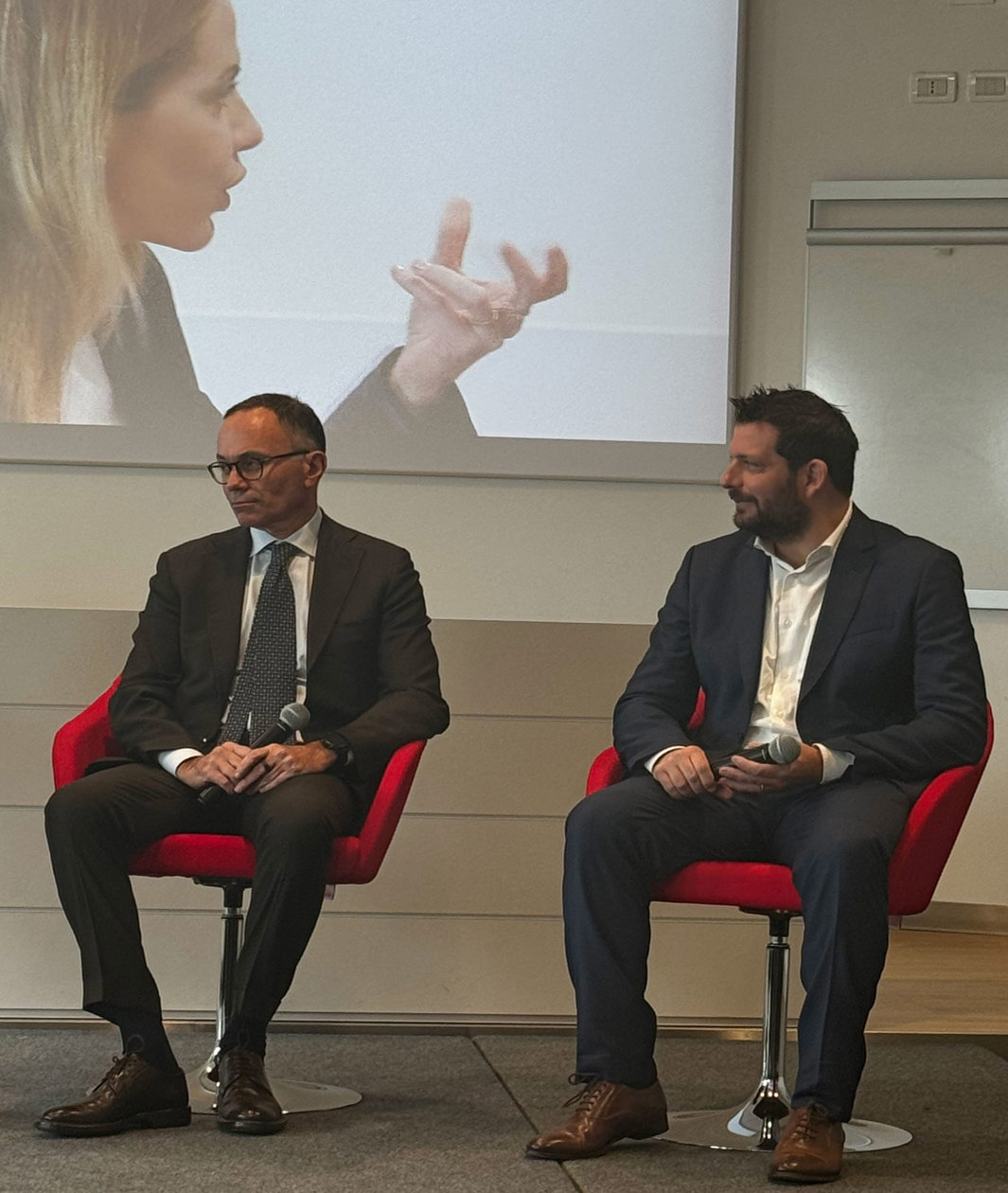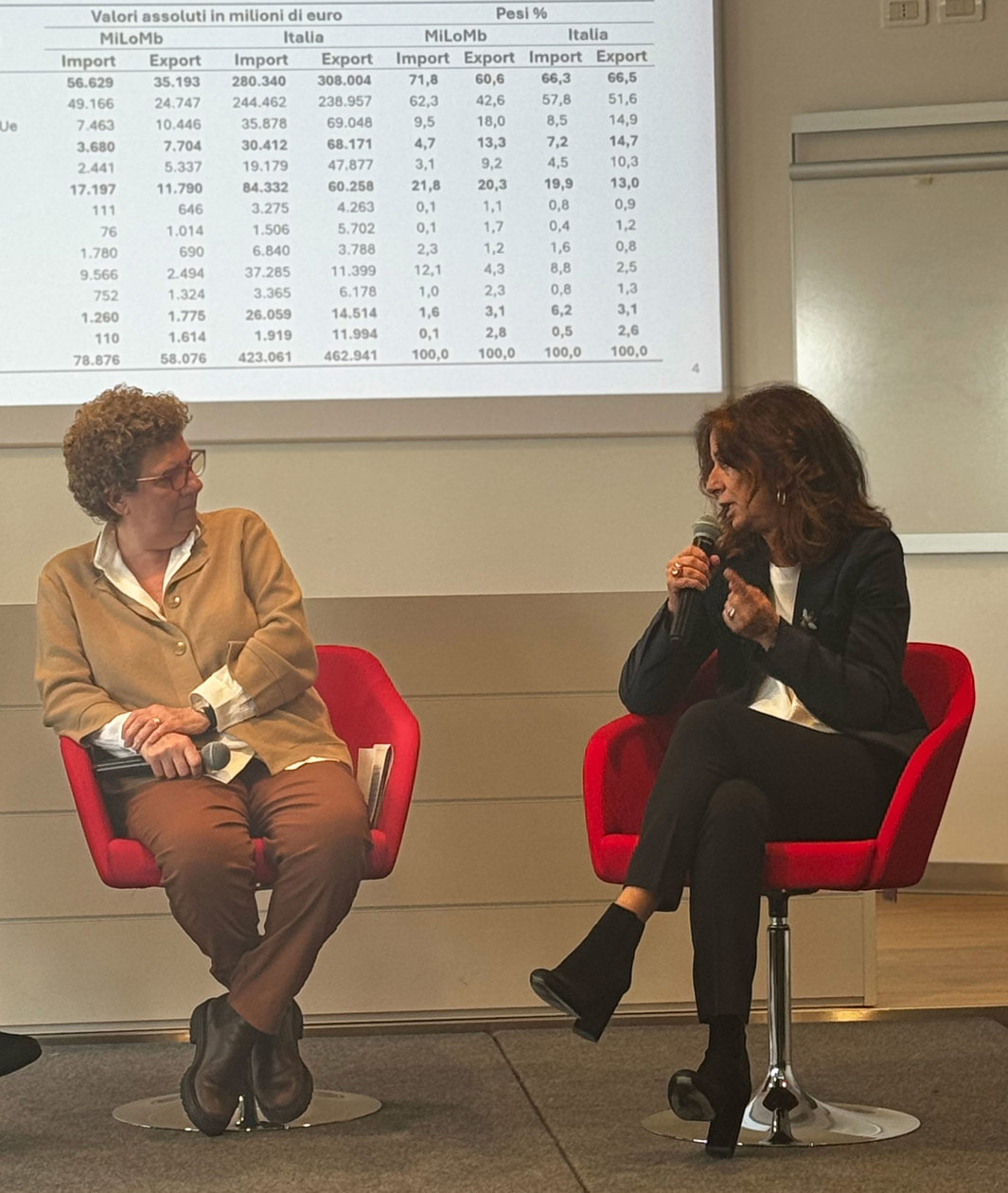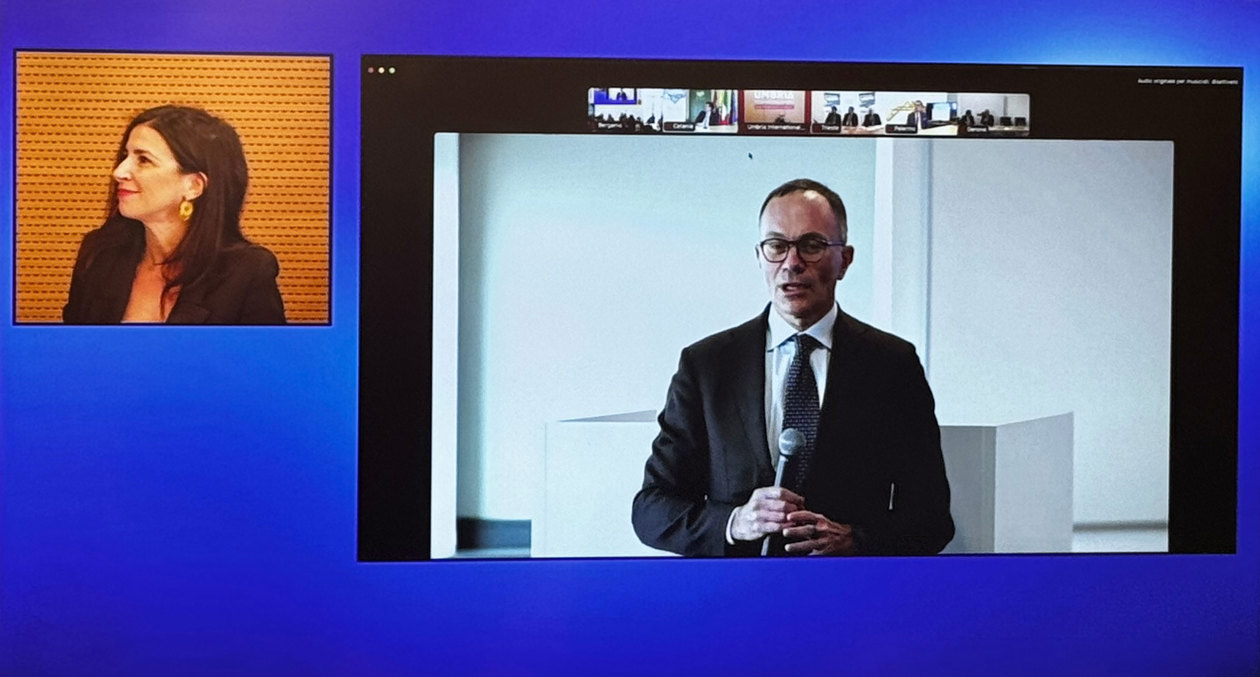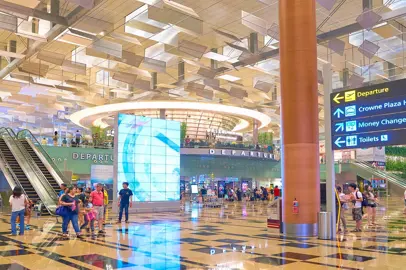The event turned the spotlight on the main challenges and opportunities for the airport sector in an ever-changing geopolitical context. The debate highlighted the crucial role of connectivity and liberalisation policies in adapting to an increasingly fragmented world.
Geopolitical tensions, the
end of globalization as we have known it, and commitments related to
decarbonization emerge as critical elements for the future of the sector. The need to take measures to reduce environmental impact has resulted in additional costs, putting pressure on the competitiveness of
airlines and
airports. In addition,
airspace restrictions due to international conflicts have complicated routes, increasing operational and logistical costs.
Despite the global crises, the airport sector has shown an extraordinary ability to adapt, continuing to intercept passenger and cargo flows even in the most difficult moments. The evolution of the Italian market is a concrete example of this: thanks to a policy of liberalization, Italy has recorded growth above the European average in intercontinental traffic.
The key element is connectivity, which not only ensures more efficient travel for citizens, but is also a determining factor for economic attractiveness. The more well-connected a country is, the more competitive it is in global markets, particularly in trade relationships with emerging economies such as India, the Middle East and Southeast Asia.
Armando Brunini's speech in direct connection with the Airport Day press conference from Rome, in the presence of the Minister of Transport Matteo Salvini, underlined the importance of enhancing integrated and sustainable mobility, emphasizing the quality of connections, rather than their quantity. This approach aims to attract high-value tourist and commercial flows, strengthening Milan's competitiveness on the global scene.
Milan is establishing itself as a crucial hub in
international air transport, thanks to the growth of its
intercontinental connectivity and
Malpensa's key role in cargo traffic. The liberalization of the sector and the economic attractiveness of the city have favored the expansion of routes, as evidenced by the increase in connections with China.
Global events such as Expo 2015 and the
2026 Olympics further strengthen Milan's centrality in transport networks.
Future competitiveness will also depend on the ability to maintain a balance between expansion and sustainability, investing in technologies and infrastructure to reduce environmental impact without penalizing the growth of the sector.
The objective is clear: to strengthen intercontinental connections, improve the accessibility of territories and ensure that airport development policies are in line with the needs of the market and sustainability.
In an increasingly interconnected world, air transport remains a fundamental pillar for the economy and for the development of cities. Airports are no longer simple transit infrastructures, but real strategic hubs for trade, tourism and innovation.
The future of air mobility will depend on the ability to adapt to global challenges, focusing on connectivity, efficiency and sustainability.
